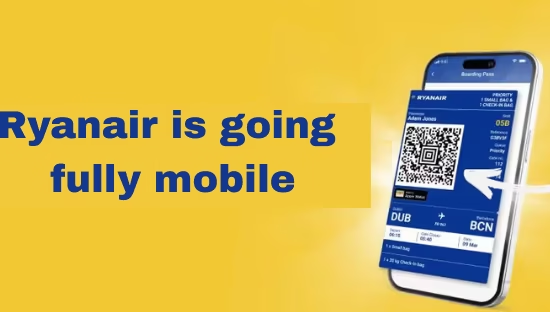
BSNL Rolls Out eSIM Nationwide with Tata Communications’ MOVE Platform
India’s state-run telecom giant Bharat Sanchar Nigam Limited (BSNL) has officially gone live with eSIM services across the country, powered by Tata Communications’ GSMA-accredited MOVE subscription management platform.
The move marks a significant step for India’s connectivity landscape, especially as BSNL looks to catch up with private rivals Airtel and Jio, both of which have been offering eSIMs for several years.
How the Service Works
Through Tata Communications Collaboration Services, BSNL subscribers can now activate eSIMs via secure QR codes — no plastic SIM card required. The system supports 2G, 3G, and 4G connections, allowing users with dual-SIM smartphones to pair an eSIM with a physical SIM.
For frequent travelers, this means an easier way to switch to local operators abroad while keeping their primary number active — a benefit that global eSIM adopters have long embraced.
Why It Matters for BSNL
BSNL’s chairman and managing director A Robert Ravi called the launch a
“big step towards enhancing customer experience and future-proofing mobile connectivity in India.”
The nationwide rollout follows a soft launch in Tamil Nadu earlier this year and coincides with BSNL’s unveiling of its indigenous 4G network, built with technology from Tata Consultancy Services (TCS), C-DOT, and Tejas Networks.
This local 4G stack marks a strategic milestone in India’s efforts to reduce dependence on foreign telecom vendors — particularly relevant given the country’s push for digital sovereignty.
The Bigger Picture: India Joins the Global eSIM Race
Globally, eSIM adoption is accelerating. Apple has doubled down by removing physical SIM slots entirely in U.S. iPhone models, while operators in Europe and Asia are rapidly expanding prepaid and travel eSIM offerings. GSMA Intelligence projects that by 2030, nearly half of all mobile connections worldwide will run on eSIM.
Until now, BSNL’s absence from the eSIM race placed it behind private-sector leaders. Airtel and Reliance Jio both launched eSIMs as early as 2020, targeting premium smartphone users in urban markets. By adding eSIM support, BSNL is signaling it won’t leave its vast subscriber base — especially in rural and government sectors — without access to future-ready connectivity.
Conclusion: A Long-Awaited Catch-Up With Global Trends
BSNL’s nationwide eSIM launch isn’t just another feature add-on; it’s a symbolic move that signals the operator’s intent to modernize. While rivals like Airtel and Jio have already normalized eSIMs in India’s premium markets, BSNL has a unique advantage: its deep penetration in rural regions and among price-sensitive users who may be late adopters but stand to benefit most from the flexibility eSIMs provide.
Looking globally, the move aligns with broader telecom trends. In Europe, Vodafone and Orange have made eSIM central to their roaming strategies. In the U.S., AT&T and T-Mobile are pushing eSIM-first activations. And in Asia, players like Singtel and China Mobile are already bundling eSIMs with multi-country travel packages.
For BSNL, the launch is more than catching up — it’s a chance to stay relevant in an era where plastic SIM cards are gradually being phased out. The real test will be whether BSNL can translate this technology upgrade into better customer experiences and competitive positioning, especially as India eyes 5G and satellite-to-phone services on the horizon.










